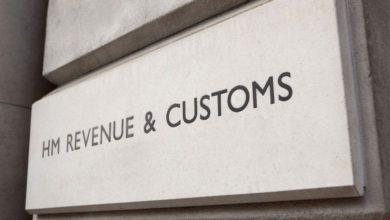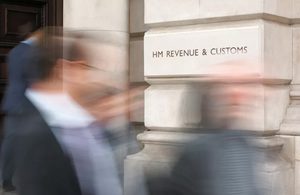
Buy-to-let landlords who evaded tax on their rental income underpaid an average of £4,480 in tax last year, rising by 72% from an average of £2,610 underpaid the prior year, according to UHY Hacker Young.
The firm said it was “likely” that landlords who have evaded larger amounts of tax are now beginning to come forward as HMRC begins to apply more pressure on the sector.
HMRC has run a ‘Let Property Campaign’ since 2013, which allows landlords and holiday home owners to voluntarily disclose unpaid tax.
At the time of the launch, HMRC estimated that 1.5 million landlords were either underpaying tax or not paying at all, and over the last five years, the campaign has collected a total of £142m in underpaid tax as a result of disclosures from 48,000 UK landlords.
The authority has since mailed out thousands of warning letters to potential suspects encouraging them to come forward. If they do not come forward, landlords risk facing higher penalties when caught.
According to UHY, HMRC has become “increasingly effective” at identifying tax evaders by cross referencing information from lettings agents, holiday lettings websites, bank accounts and tax returns.
The authority can assess up to 20 years of a landlord’s tax affairs and instigate a criminal investigation in cases where serious evasion has been committed.
Clive Gawthorpe, partner at UHY Hacker Young, said: “When landlords who are hiding income get a warning letter from HMRC, they realise that HMRC is closing in on them and they can no longer hide.
“HMRC is giving landlords a chance to confess and in return, it will lessen the penalties imposed. This will be the most favourable outcome for landlords and any with undisclosed income ought to take that opportunity before it’s too late.”
He added: “If a landlord decides to come forward under the campaign, it’s better to do it with professional advice, particularly if their tax affairs are complex. This will be key in helping avoid any mistakes and the possibility of further investigations by HMRC.”








